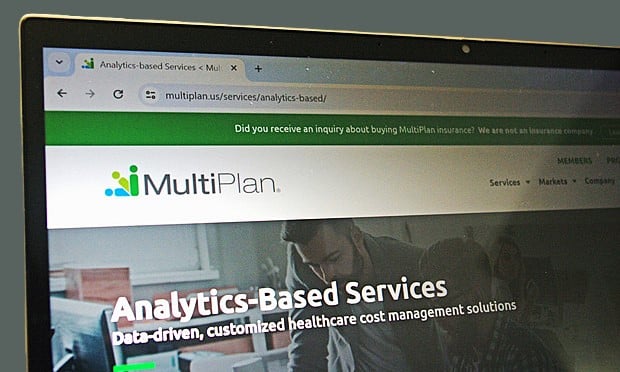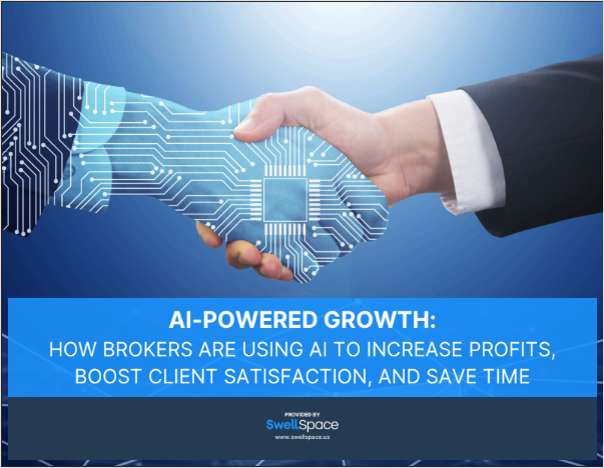Poor millennials — they’re reviled for self-interest, stuck in lower-paying jobs, and laden with student debt.
But that self-interest might be doing them a really good turn when it comes to jobs, since an Anthem survey reveals they’re looking out for themselves when it comes to jobs that don’t offer good insurance benefits.
Money appears to be millennials’ primary motivator, with the survey finding they are more likely than the previous generation (29 percent of 18–34 year-olds, compared with 19 percent of 35–54 year-olds) to have engaged in long-term financial planning over the past year.
Employers are jumping on the financial wellness bandwagon, hoping that financial wellness programs will aid them in recruiting and retaining younger employees beset by employee stress that’s centered on the number-one cause in the U.S. — money. But Anthem says bosses are missing a big opportunity by not also beefing up their insurance offerings.
In fact, the survey finds poor insurance offerings contribute to the fact that 35 percent of millennials have turned down a job offer, compared to 27 percent of U.S. respondents overall: job refusals were either fully or partially due to dissatisfaction with insurance offerings.
One particular type of insurance Anthem suggests is disability coverage, since such policies can provide benefits not just to employees but employers as well. Integrated disability and medical benefits, it says, can help save money by helping employees get back to work sooner and by reducing benefits administration costs.
And the benefit to employees — particularly those who aren’t especially well paid — can be substantial, since workers living paycheck to paycheck could not only end up jobless because of an injury or illness leaving them unable to work but also end up moving back in with mom and dad.
Survey results indicate that, among U.S. adults working at a company with at least two employees, 26 percent indicated they do not have short- and/or long-term disability insurance. And of survey respondents who did not have disability insurance, many say they didn’t have it either because their employer did not offer it (53 percent) or because it was too expensive (32 percent).
“Disability benefits protect financial wellness, but they are also an important part of overall health and wellbeing,” Mike Wozny, president of Anthem Life Insurance Company, says in a statement.
Wozny adds, “Anthem recognizes that physical, emotional and financial health is interconnected, and by treating the whole patient, health care professionals of all specialties can help patients get better faster and also save money in the process.”
Complete your profile to continue reading and get FREE access to BenefitsPRO, part of your ALM digital membership.
Your access to unlimited BenefitsPRO content isn’t changing.
Once you are an ALM digital member, you’ll receive:
- Breaking benefits news and analysis, on-site and via our newsletters and custom alerts
- Educational webcasts, white papers, and ebooks from industry thought leaders
- Critical converage of the property casualty insurance and financial advisory markets on our other ALM sites, PropertyCasualty360 and ThinkAdvisor
Already have an account? Sign In Now
© 2025 ALM Global, LLC, All Rights Reserved. Request academic re-use from www.copyright.com. All other uses, submit a request to [email protected]. For more information visit Asset & Logo Licensing.








